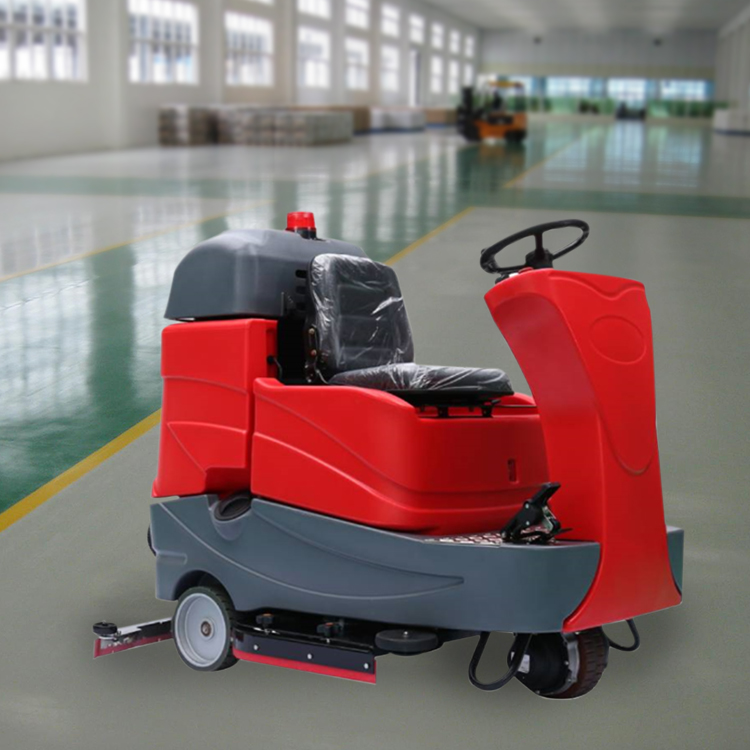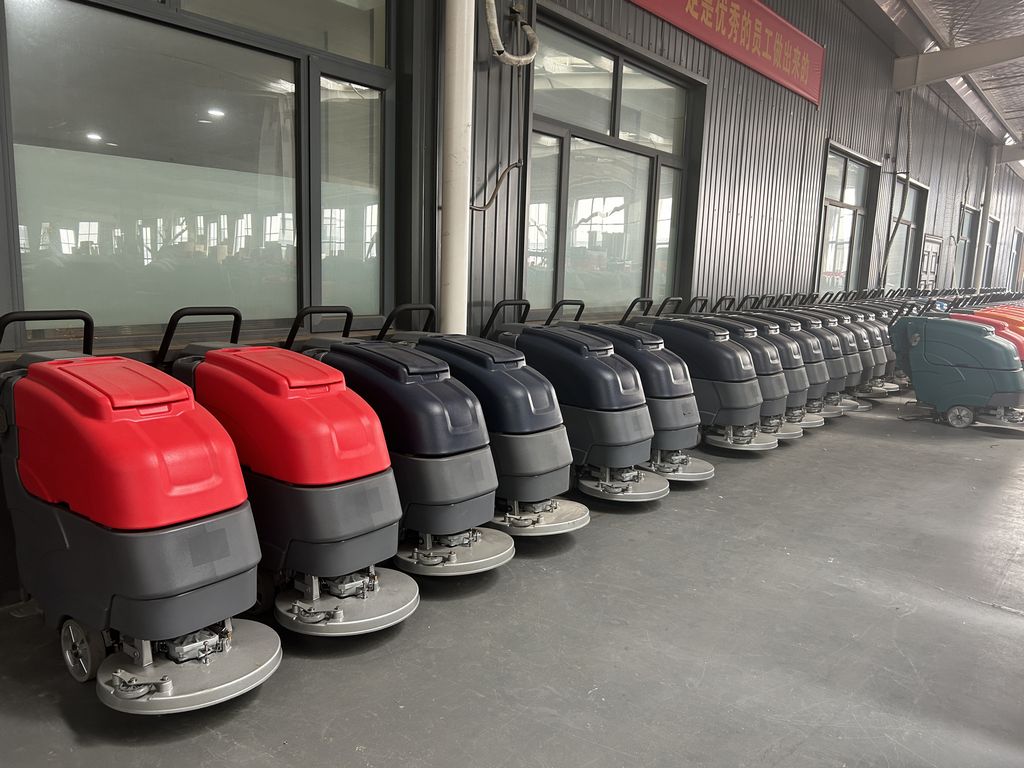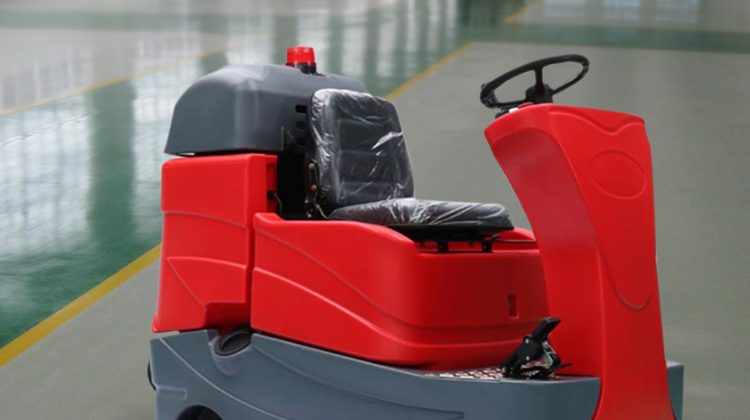
Let me start by saying—wow, this week has been wild. Between juggling client calls and testing new equipment at the warehouse, I almost forgot how satisfying it is to see a grimy concrete floor transform into something shiny enough to rival a marble countertop. Seriously, if you’ve ever dealt with stubborn oil stains or dried cement residue in a busy workspace, you know the struggle. That’s why today, I’m geeking out about commercial concrete floor scrubbers—the unsung heroes of industrial cleanliness.
First off, let’s talk about why these machines matter. A commercial concrete floor scrubbr (oops, see what I did there? My keyboard’s acting up again) isn’t just a fancy mop. It’s a heavy-duty workhorse designed to tackle everything from warehouse spills to garage grease. Imagine trying to clean a 10,000-square-foot factory floor with a regular scrubber—it’d take hours, right? But a commercial-grade model? It’ll have that space looking brand-new before your coffee gets cold.

Now, here’s the kicker: not all scrubbers are created equal. Some prioritize water efficiency, while others focus on brute scrubbing power. Take the XYZ-4500 model we’ve been testing—it’s got these rotating brushes that feel like they’re personally offended by dirt. Pair that with a built-in vacuum system, and suddenly, post-cleaning puddles become a myth. Plus, it’s quieter than my neighbor’s lawnmower at 7 AM, which is a major win for indoor spaces.
But let’s get real for a second. Choosing the right commercial concrete floor scrubber isn’t just about specs. It’s about understanding your space. Are you dealing with polished concrete that needs gentle care? Or a rugged workshop floor where the machine needs to survive daily abuse? I once watched a client fry a $8,000 scrubber because they used it on unfinished concrete with jagged edges. Lesson learned: always check surface compatibility.
Oh, and here’s a pro tip nobody tells you—maintenance is where the magic happens. A well-maintained commercial concrete floor scrubber can outlive your average office printer by decades. Simple things like rinsing the tanks after use or checking the brush wear can save you from expensive repairs down the line.

Random thought: Why do all industrial cleaning machines sound like they’re named by robots? “ScrubMaster 9000” doesn’t exactly roll off the tongue. But hey, if it gets the job done, call it Fluffy for all I care.
Back to business—if you’re investing in a commercial concrete floor scrubber, look for models with adjustable pressure settings. That way, you can switch between delicately cleaning a showroom floor and power-washing a mechanic’s bay without needing two separate machines. And don’t sleep on battery life! The last thing you want is your scrubber dying mid-job like a phone at a concert.
Fun story: Last month, our team accidentally left a scrubber running overnight in a frozen food warehouse. Woke up to the cleanest floor imaginable…and a very confused janitor who thought elves had visited. Moral of the story? These things are built to work harder than a caffeine-fueled intern.
At the end of the day, a commercial concrete floor scrubber isn’t just a tool—it’s a game-changer for anyone managing large spaces. Whether you’re maintaining a retail backroom or a massive distribution center, the right machine turns backbreaking labor into a “set it and forget it” task. Just remember to read the manual, folks. Those “I’ll figure it out later” moments usually end with water on the ceiling.

